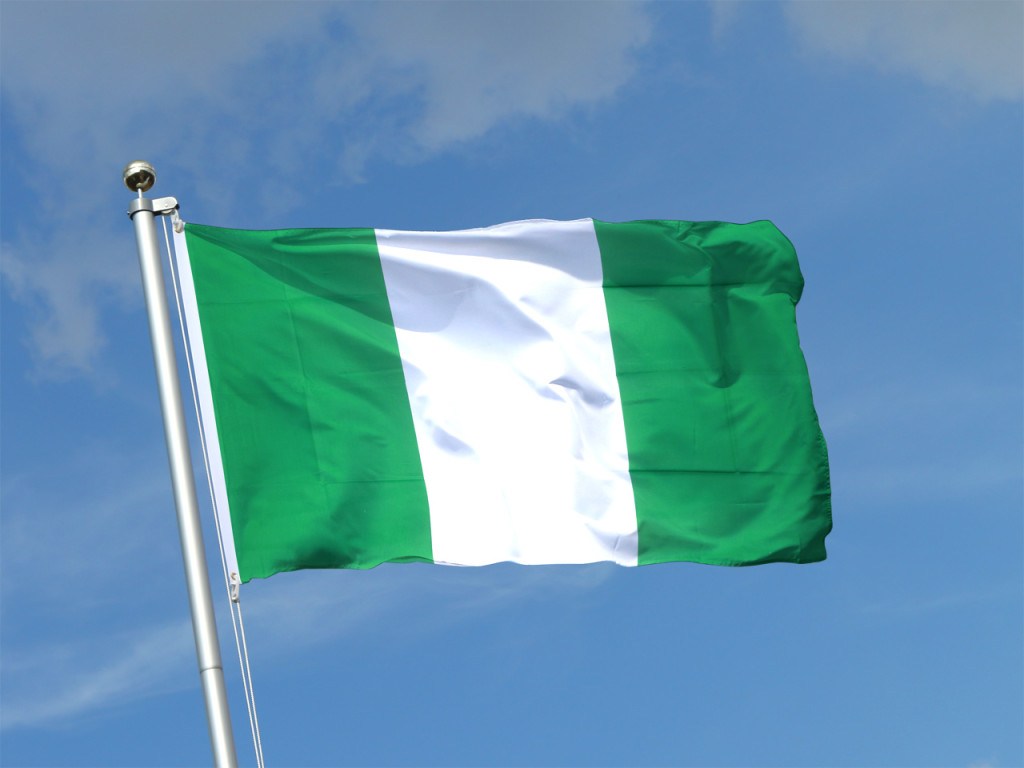
The Federal Government has resolved to sell some national assets to fund the 2018-2020 budgets. Mr. Ben Akabueze, Director-General of the Budget Office, who made the plan public, listed the National Arts Theatre, Iganmu, Lagos, Tafawa Balewa Square (TBS), Lagos, the National Parks and the National Integrated Power Projects (NIPPs) scattered all over the country, among the assets slated for sale.
This plan may look good on its face value, given Nigeria’s long history of poor budget financing and its debilitating effects on national development, but the overall implications of the sale of these assets for the economy and our national pride are unquantifiable.
While it is very important to properly finance government budgets, the difficulties of the moment must not lead us to take measures that cannot stand the test of time. Selling of the listed assets will amount to selling our national heritage and monuments. It will, indeed, amount to a mortgaging of the future of the country, which our current leaders have no right to do. This is moreso as the nation gained little from the squandering of many of the nation’s economic opportunities and assets by their predecessors in office over the years. Some of the assets slated for sale are tourist attractions and national monuments which, if properly harnessed, can generate much income for the country. The National Theatre, for one, is the only remaining testament to the Black Festival of Arts and Culture (FESTAC) which the country hosted in 1977 to global acclaim and aplomb. The festival village, which was built for the participating countries and delegates, is a shadow of itself today and has long been sold to private interests.
The argument that government cannot run such national assets successfully, as the depreciation of FESTAC Town seems to suggest, has long been invalidated by the successful and profitable management of such public assets by governments in other parts of the world. Nigeria’s problem, it seems, is the lack of rigour in government thinking and the discipline to run such national assets profitably.
Instead of this narrow thinking on the sale of public assets to bridge the anticipated budget deficits, we think the assets should be revamped to serve the purposes for which they were built. Take the case of the TBS, for example. This is the place the country was formally given its independence and it should occupy a special place in the hearts of present and future generations of our people. How can such a place be put in the hands of private and commercial investors whose priority would be only to make profit?
The same argument goes for our National Parks and other monuments. As a worst-case scenario, a collaboration of some sorts with the private sector could be explored, but definitely not an outright sale. The only exception we can, perhaps, make is the NIPPs. Considering the long running battle over the Memorandum of Understanding (MoU) guiding their operations and the apparent financial gaps in their operations, government could undertake a careful audit of the projects and, on its basis, determine the path to their successful delivery on their mandates.
We clearly do not support the sale of national assets for the sole purpose of financing budgets as has been mooted by the government. We have other avenues we can exploit for this purpose. Government must continue its efforts to diversify the economy. Agriculture, manufacturing and mining hold the key to our long-term economic survival.
We may need to sustain the current regime of borrowing, both internally and externally, for the purpose of budget financing. It is a trite point now that borrowing is not necessarily harmful, especially when it is used for important capital projects with huge economic potential. The country is teeming with such projects and government only needs to conscientiously execute them for the good of the present and future generations of the country.
END

Be the first to comment